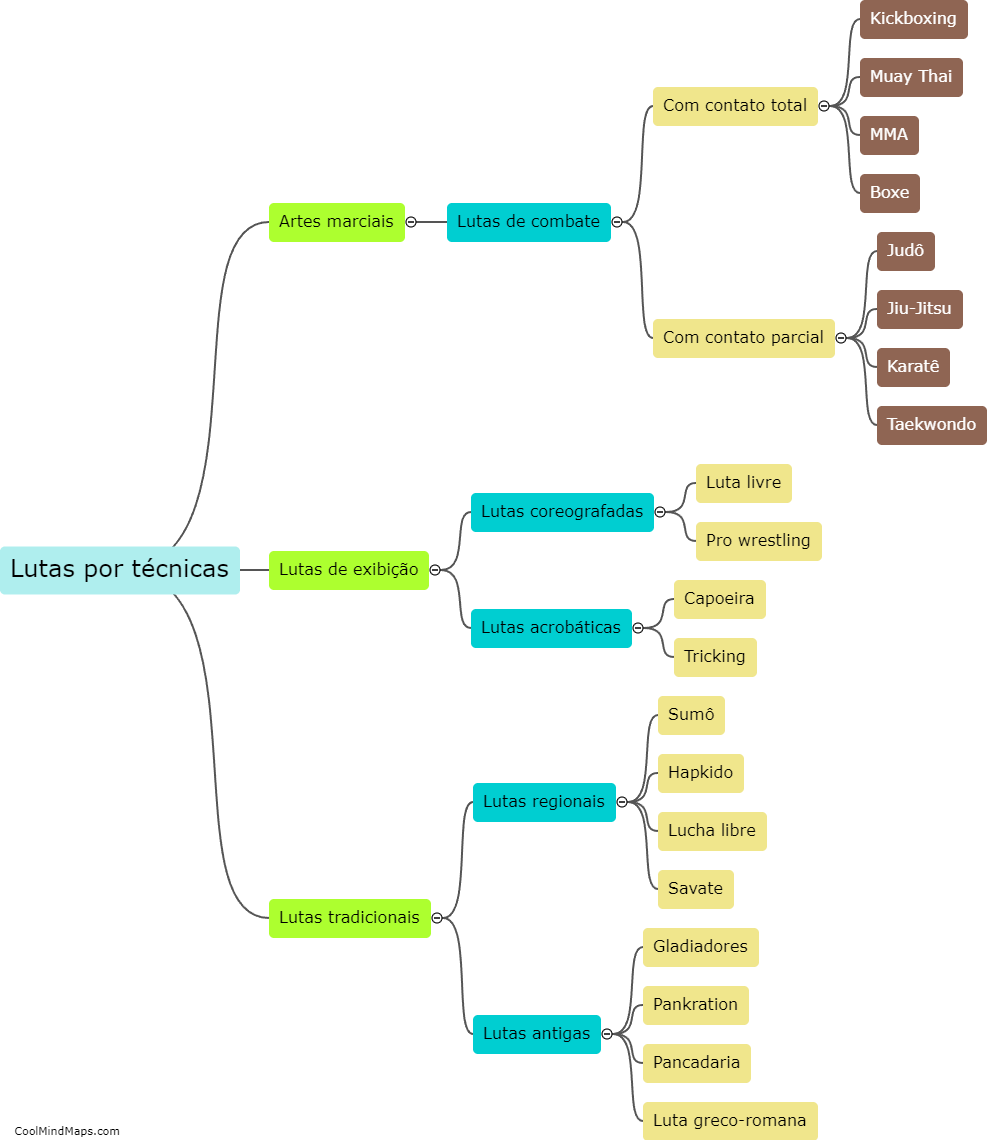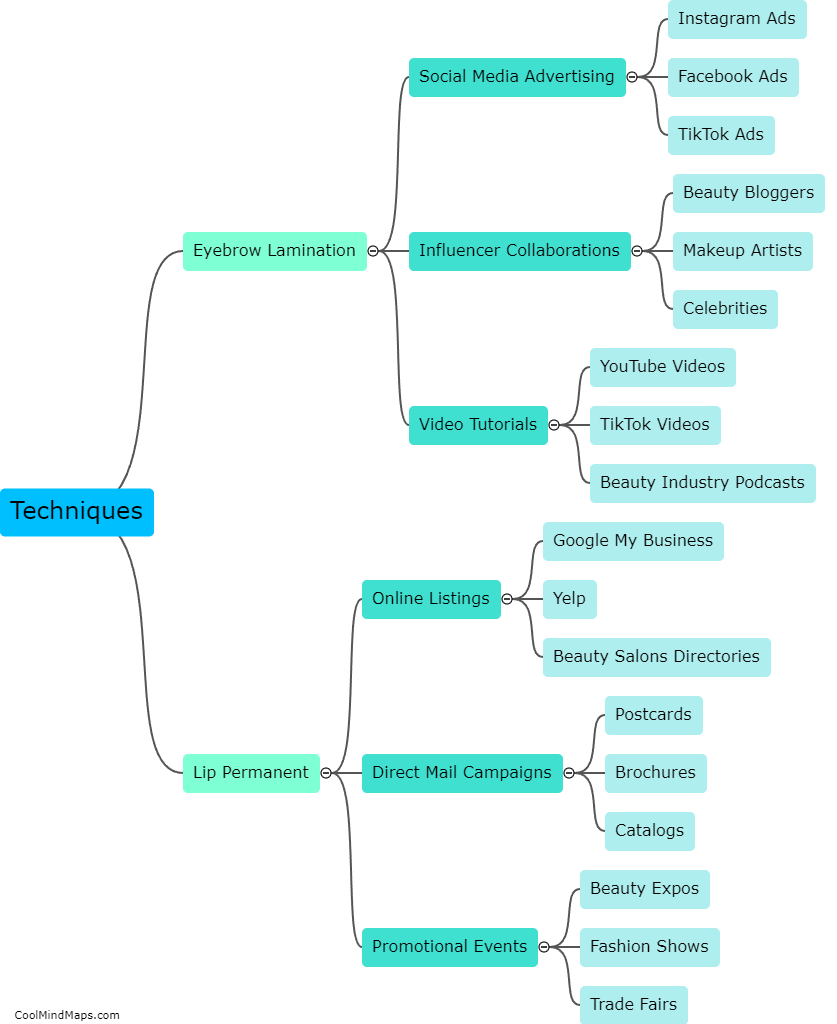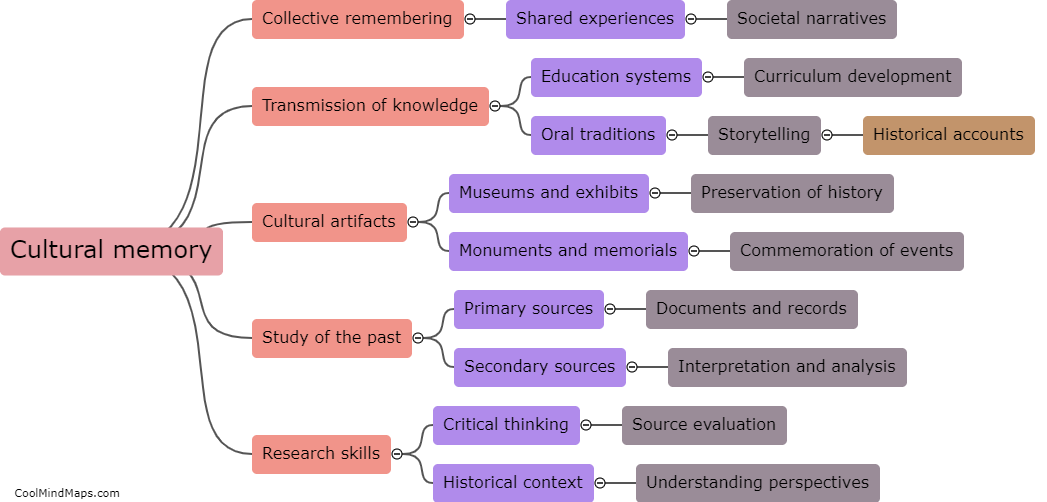How does cultural memory impact historical literacy?
Cultural memory plays a crucial role in shaping historical literacy by influencing the way individuals perceive and interpret historical events. It refers to the collective societal recollection of past experiences, traditions, and cultural legacies that are passed down through generations. This memory is transmitted through various mediums such as literature, oral traditions, rituals, and monuments, forming the foundation of a community's historical consciousness. Cultural memory impacts historical literacy by shaping individuals' understanding, interpretations, and perspectives on historical events and their significance. It provides a framework through which people make sense of the past, contextualize historical events, and connect with their cultural heritage. The knowledge and awareness of cultural memory can enhance historical literacy, enriching individuals' understanding of the complexities and nuances of history while fostering a sense of identity and belonging. It also highlights the importance of diverse perspectives in historical narratives, challenging dominant narratives and acknowledging multiple interpretations of the past. In summary, cultural memory is intrinsically linked to historical literacy as it frames and informs individuals' comprehension and engagement with history.

This mind map was published on 23 October 2023 and has been viewed 111 times.











